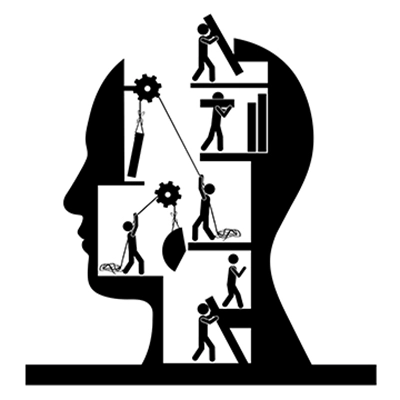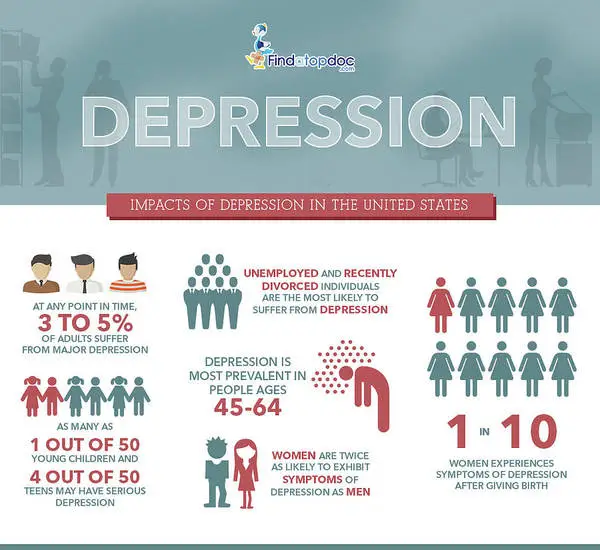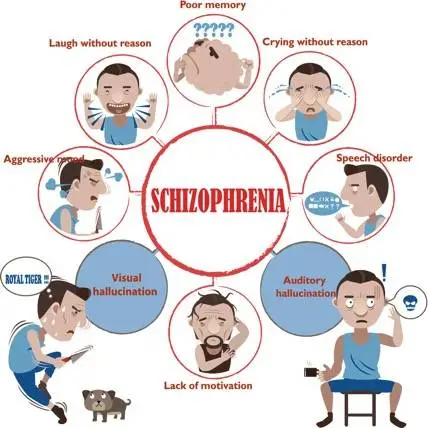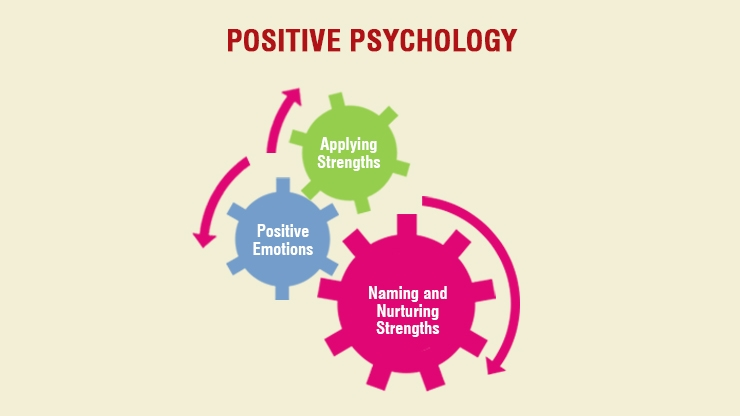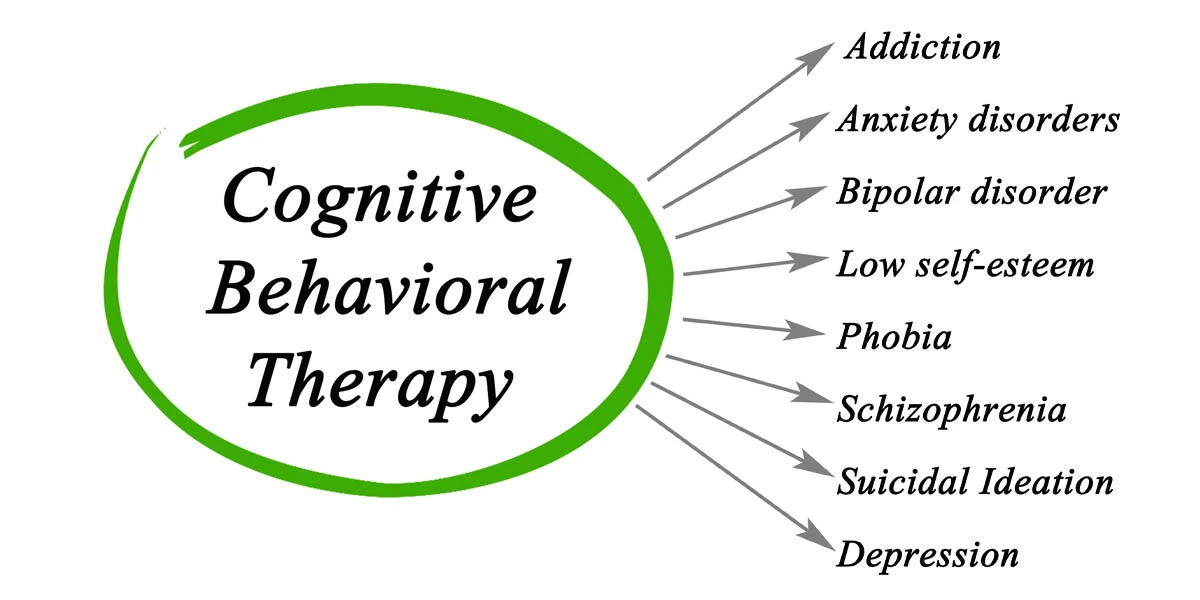Exploring the Depths of Psychoanalysis: Unraveling the Mysteries of the Mind
Introduction:
Psychoanalysis is a fascinating field that delves into the intricate workings of the human mind. Developed by Sigmund Freud in the late 19th century, psychoanalysis has had a profound impact on psychology and our understanding of human behavior. This article will provide an overview of psychoanalysis, its key concepts, and its relevance in modern-day therapy.
I. Understanding the Unconscious Mind:
At the heart of psychoanalysis lies the exploration of the unconscious mind. According to Freud, the unconscious contains hidden thoughts, desires, and memories that influence our behavior and shape our personality. By bringing these unconscious elements to the surface, psychoanalysis seeks to provide insight and healing.
II. The Role of Dreams and Free Association:
Dreams serve as a gateway to the unconscious, and psychoanalysis places great importance on their interpretation. Freud believed that dreams are a manifestation of repressed desires and unresolved conflicts. Through dream analysis, the psychoanalyst helps the individual uncover the hidden meanings behind their dreams, uncovering valuable insights into their psyche.
Similarly, free association is a technique where patients express their thoughts and emotions without censorship. By allowing the mind to wander freely, hidden thoughts and associations can emerge, providing the therapist with a deeper understanding of the patient’s underlying issues.
III. Unraveling Defense Mechanisms:
Freud identified various defense mechanisms that individuals employ to protect themselves from anxiety and emotional distress. These defense mechanisms, such as repression, denial, and projection, act as psychological shields, but they can also hinder personal growth. Psychoanalysis aims to uncover and analyze these defense mechanisms, helping individuals gain insight into their behaviors and find healthier ways to cope.
IV. The Oedipus Complex and Childhood Development:
One of Freud’s most well-known theories is the Oedipus complex, which focuses on the early stages of childhood development. According to Freud, children experience unconscious sexual desires towards their opposite-sex parent and feel rivalry with their same-sex parent. By examining these dynamics, psychoanalysis sheds light on how early experiences shape adult personality and relationships.
V. Contemporary Applications of Psychoanalysis:
While psychoanalysis has evolved since Freud’s time, its core principles continue to influence modern therapy approaches. Contemporary psychoanalytic therapies emphasize the therapeutic relationship, transference, and countertransference, focusing on fostering insight, self-awareness, and emotional growth.
Psychoanalysis has also found its way into various fields beyond therapy. It has influenced literature, film, and art, providing a lens to explore the complexities of the human psyche and the depths of human experience.
Conclusion:
Psychoanalysis offers a profound understanding of the human mind and behavior. By exploring the unconscious, analyzing dreams, unraveling defense mechanisms, and examining childhood development, psychoanalysis provides a comprehensive framework for personal growth and healing. While it may not be the dominant therapeutic approach in contemporary psychology, its influence can be seen in many modern therapy modalities. By embracing the principles of psychoanalysis, individuals can gain valuable insights into their own psyche and navigate the complexities of their lives with greater self-awareness and understanding.
![]()

